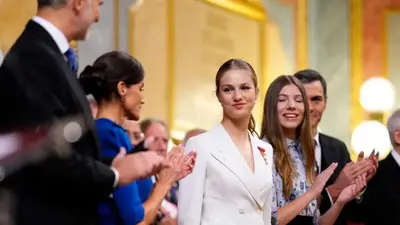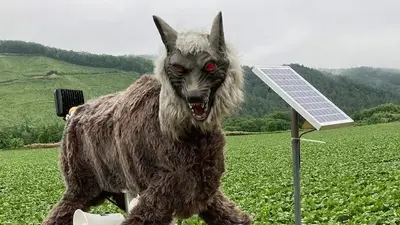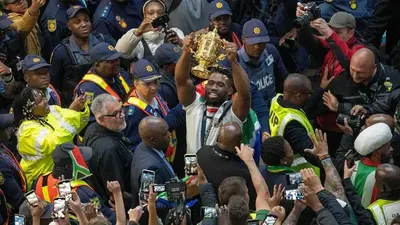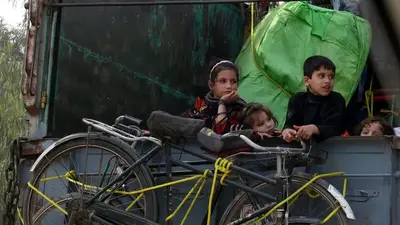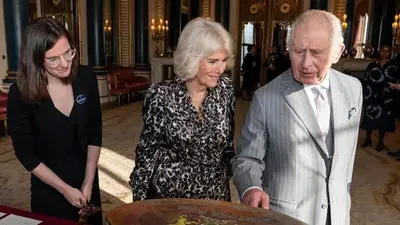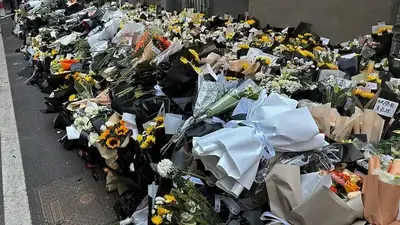World News
What would West African bloc's threat to use force to restore democracy in Niger look like?
ABUJA, Nigeria -- The stance of West Africa’s regional bloc known as ECOWAS in the military takeover in Niger is clear: “We will stand with our people in our commitment to the rule of law,” its chairman, Nigerian President Bola Tinubu, said at the body's meeting this week.
The 15-nation bloc summoned its defense chiefs to discuss its threat to “take all measures necessary (that) may include the use of force” if ousted Nigerien President Mohamed Bazoum is not reinstated within one week. ECOWAS is resolved to use military force after economic and travel sanctions used against the coup plotters failed, according to a Western diplomat in Niamey who did not want to be identified for security reasons.
How the bloc would carry out its threat remains unclear given its lack of coordination in providing security regionally and formally with the U.S. State Department in Niger, said Aneliese Bernard, director of Strategic Stabilization Advisors.
“There’s not enough actual trust among ECOWAS members, and that lack of trust is what will break any type of coordinated response,” Bernard said.
But here's what we can tell so far on how such a military option could play out:
HAS ECOWAS INTERVENED MILITARILY IN MEMBER COUNTRIES BEFORE?
This is the first time in recent years that ECOWAS has considered the use of force to intervene and restore democracies in countries where the military took over.
Amid the resurgence of coups in West and Central Africa, four nations are run by military governments in the region, but the bloc has unsuccessfully tried to return democracies in these places. Its best shot has been economic sanctions that often end up with no effect other than squeezing the citizens already facing a high rate of poverty and hunger.
However, ECOWAS has used force in recent History to restore order in member countries, most recently in 2017 in Gambia after longtime President Yahya Jammeh’s refusal to step down after he lost the presidential election. But even in that case, the move had involved diplomatic efforts led by then-presidents of Mauritania and Guinea while Jammeh appeared to be acting on his own after the Gambian army pledged allegiance to the winner of the election, Adama Barrow.
ECOWAS also operated a regional peacekeeping operation known as ECOMOG that was led by Nigeria in the 1990s and early 2000s to help restore order in several countries, from Liberia when forces were first deployed in 1990 during the deadly civil war to Sierra Leone in 1997 when the democratically elected government of Ahmed Tejan Kabbah was overthrown.
CAN A MILITARY INTERVENTION IN NIGER WORK?
The military in landlocked Niger — which relies on neighbors like Nigeria for electricity supply and Benin for port operations — may not be able to hold out for long against a joint ECOWAS force, said Bacary Sambe, a conflict researcher with the Senegal-based Timbuktu Institut think tank.
Analysts have said the success of such a military intervention would also depend on how ECOWAS is able to coordinate among its members and with external bodies like the African Union. There are already signs of a lack of synergy: ECOWAS gave the Niger junta a one-week deadline, shorter than the 15-day ultimatum the African Union handed them to return to their barracks.
There are also economic limitations to how logistics and financing for such a force could be implemented, leaving a window open for Western support, said Kabir Adamu, the founder of Beacon Consulting, an Abuja-based security consulting firm.
“A military intervention would be a bit difficult, however, there are options in the Western world and France. In the case of the financial challenge, that can be addressed by support from other countries, likewise the technical challenge," Adamu said.
The resistance threatened by other countries run by regimes — Mali, Burkina Faso and Guinea — could further complicate ECOWAS' response. The four countries share borders which could make it easier for them to team up across the Sahel region in the vast arid expanse south of the Sahara Desert, starting from Guinea on one end to Niger at the other.
WHAT COULD BE THE CAPACITY OF AN ECOWAS MILITARY FORCE?
In December, the bloc said it was determined to set up a regional force to intervene in occasions like coups but there has been no word since then on establishing such a force or how it would operate.
In terms of numbers though, it is believed that should ECOWAS decide to deploy security forces in Niger, their number would be far more than the 7,000 members of the multinational force sent to remove Jammeh from office.
Nigeria alone has West Africa’s largest armed force with 230,000 personnel, though not all are frontline troops.
Nine of the top 20 countries with the best Military in Africa are from remaining West African democracies, according to Global Fire Power, which ranks Military strength. Only Nigeria, ranked fourth, is among the top five, while 21st-placed Mali is the highest-ranked among the four countries that have recently witnessed coups.
HOW MUCH EXTERNAL INFLUENCE FROM THE WEST AND RUSSIA COULD WE SEE IN NIGER?
An ECOWAS-led military intervention in Niger and the resulting resistance from Mali, Burkina Faso and Guinea could keep West and other parts of Africa sandwiched in “the middle of a geopolitical battle between the West and Crimea,” said Adamu with the Abuja-based Beacon Consulting.
The coup in Niger could extend the reach of Russia's private military group Wagner in West Africa where it has emerged as the preferred security partner, from Mali where they have helped fight jihadi groups to Burkina Faso where the regime has hailed Russia as a “strategic ally” after ousting French troops in February.
Wagner chief Yevgeny Prigozhin welcomed the military takeover as “the fight of its people (Niger) against the colonizers,” referring to France, which along with the U.S. has thousands of troops in Niger, seen as the last remaining Western ally in the Sahel.
“The military junta (in Niger) can't look at Russia (but) it depends on how far it wants to go,” Adamu said.
___
Sam Mednick in Niamey, Niger, and Baba Ahmed in Bamako, Mali, contributed.
-

 World News6h ago
World News6h agoAt TIME100 Gala, Honorees Toast to the People and Causes That Matter to Them
-
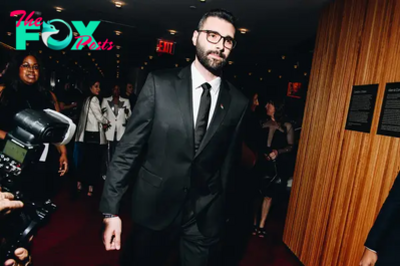
 World News6h ago
World News6h agoTIME100 Honoree Motaz Azaiza Speaks on the Gaza Solidarity Encampments Taking Over U.S. Colleges
-
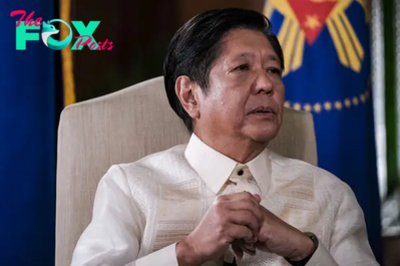
 World News12h ago
World News12h agoPhilippines Says ‘Foreign Actor’ Behind Deepfake of Marcos Urging Combat With China
-
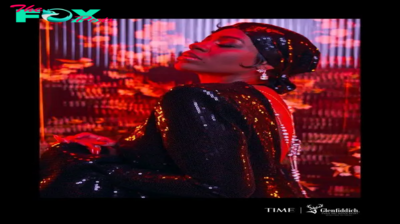
 World News12h ago
World News12h agoSee the Stars of the 2024 TIME100 Gala in Scenes From the Gala
-
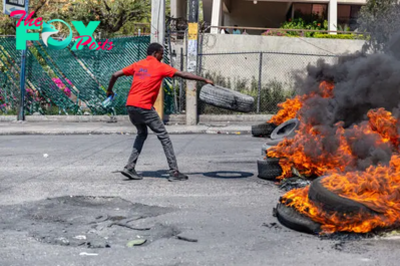
 World News19h ago
World News19h agoAriel Henry Resigns as Prime Minister of Haiti, Paving the Way for a New Government to Take Power
-
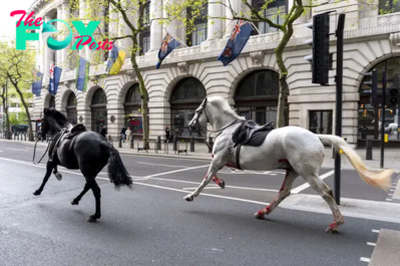
 World News19h ago
World News19h ago2 Military Horses That Broke Free and Ran Loose Across London Are in Serious Condition
-
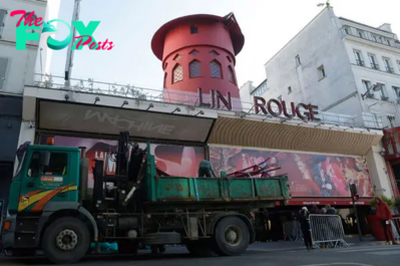
 World News1d ago
World News1d agoParis’ World-Famous Cabaret Club Moulin Rouge Loses Its Windmill Sails Overnight
-
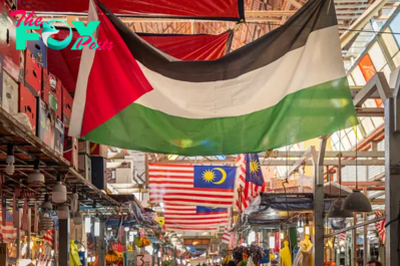
 World News1d ago
World News1d agoAn American Professor Was Hounded Out of Malaysia After Saying Its Pro-Palestinian Government Advocates a ‘Second Holocaust’
